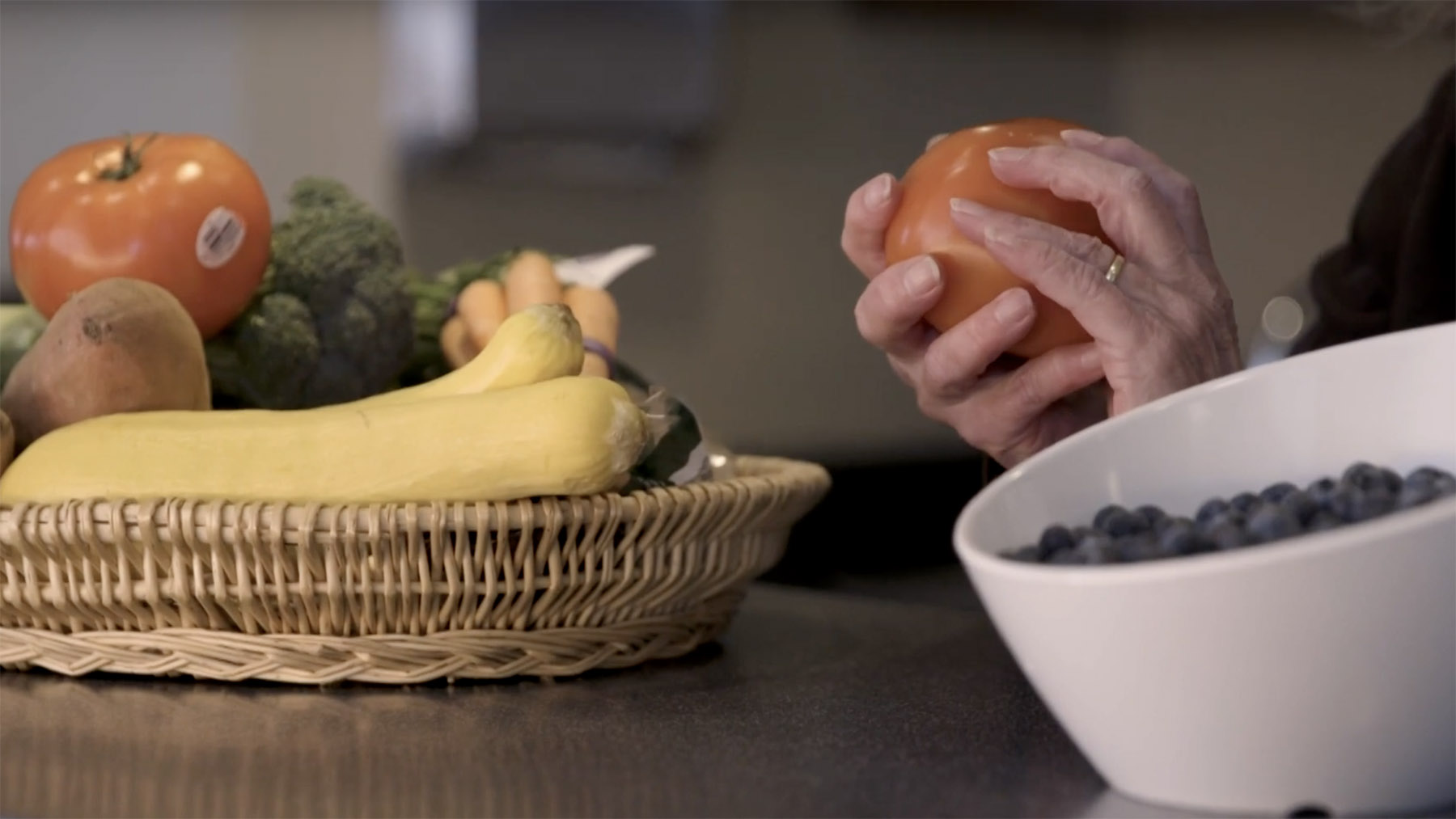Pop quiz, hotshot. There’s a berry on your grocery list. It doesn’t say frozen or raw. What do you do? What do you do?
Let’s start this installment of Homegrown with a quick quiz. And don’t worry, speed isn’t a factor here! Ready?
True or False: Eating lots of fruits and vegetables is important for optimal health.
OK, that was an easy one. We all know that’s true.
Fruits and vegetables contain lots of essential nutrients and vitamins, or active compounds and phytochemicals in the words of the scientists. From the megadoses of vitamins C, A and K1 — not to mention the B6, potassium, calcium, magnesium, copper and manganese — in kale to the powerful antioxidants in blueberries, there’s irrefutable evidence that the “eat more fruit and veggies” maxim is good advice indeed.
The next question is a little bit harder.
True or False: Vegetables are healthier when eaten raw.
True… and false. This was sort of a trick question, but only because of a common misconception that the good stuff is lost when vegetables are cooked. It’s true that some nutrients may be lost when certain foods are cooked, but putting veggies in the skillet or saucepan can actually be beneficial.
Cooking boosts lycopene levels in tomatoes, for example, as well as the amount of digestible carotenoids in carrots, spinach, mushrooms and cabbage.
OK, final question.
True or False: Fresh is always better than frozen.
When it comes to fruits and vegetables, this one is false. If a berry, for example, is quick-frozen on the day it’s picked, the nutrients and active compounds are retained. Fresh fruit from a local farmers market or vegetables from a CSA might be the ideal, but from a nutritional standpoint there’s no downside to shopping the frozen food aisle at the grocery store.
Chances are, many of us got the final two questions wrong. In this episode of Homegrown, Mary Ann Lila, director of NC State’s Plants for Human Health Institute, gives in-depth information on why cooking vegetables and buying frozen fruit isn’t so bad after all.
True or False: Watching this video will demystify some commonly held fruit and vegetable nutrition myths.
This one is definitely true.
- Categories:



